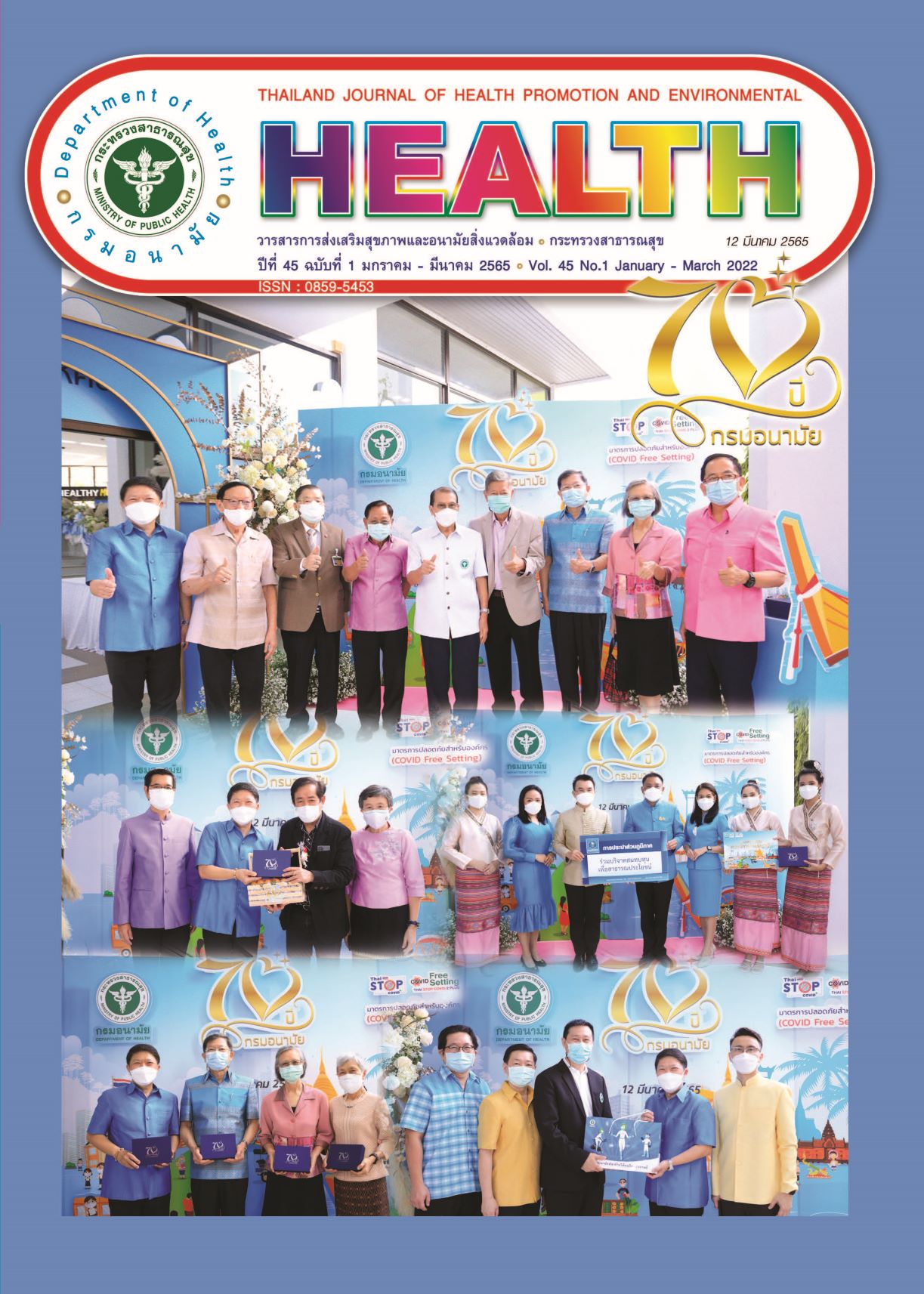Lessons learnt from the formulation and implementation of the national policy named “Thai children change the world through play”
Keywords:
play, policy, early childhood, formulation, implementation, ThailandAbstract
The Covid-19 pandemic and digital disruption have brought a need for new sets of human skills to cope with rapid changes and unpredictable future problems. A process of human developments should be started since early years (aged 0-6) based on a rapid development of brain in these ages. This can be done through a play promotion. In 2020 fiscal budget, the Ministry of Public Health with various stakeholders have launched the national policy of “Thai children change the world through play” with the concept of 3F: family, free and fun by 4P components: play space, play process, play worker, and play management unit. This article reviews the processes of policy formulation and implementation of this policy. The processes were begun with a knowledge generation, clear policy formulation, full commitment from policy makers, collaboration from civil societies and social needs for the policy. Although the initial goals of the policy were achieved, there were several remaining challenges. An engagement with wider stakeholders is needed for an expansion of the policy throughout targeted areas in Thailand alongside with a need for a higher quality and sustainability of policy implementation especially an integration of play into national core syllabus of young children, and a capacity building of play workers such as teachers, parents, health personel, and village health volunteers. In addition, a regular evaluation of policy implementation according to new global and domestice situation, context and evidence on play is needed.
Additional Files
Published
Issue
Section
License
Copyright (c) 2022 Thailand journal of Health Promotion and Environmental Health

This work is licensed under a Creative Commons Attribution-NonCommercial-NoDerivatives 4.0 International License.

